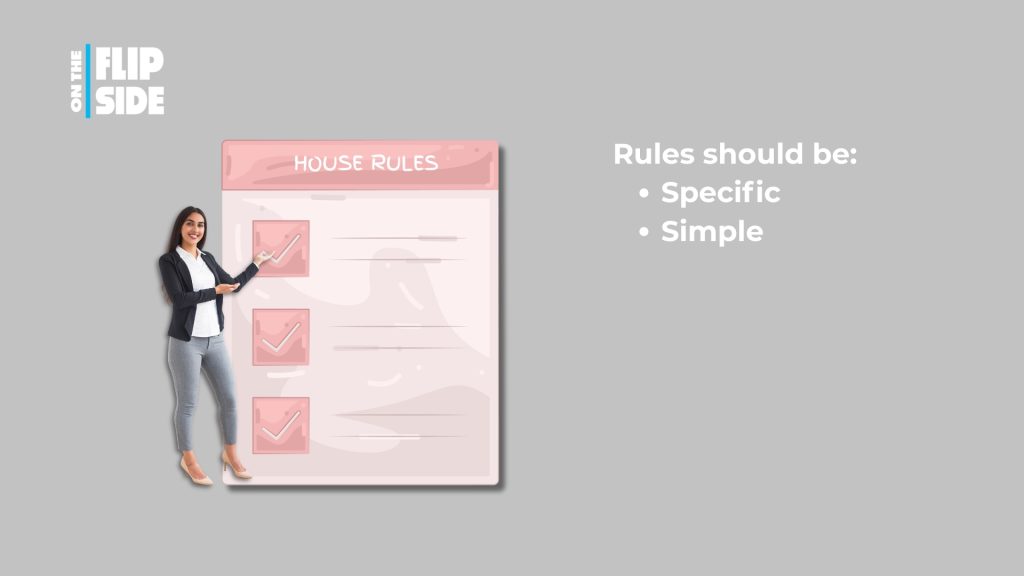You Said What?
Learning to de-escalate heated conversations take practice! When a resident walks into your office angry, it’s easy to feel defensive. But how you respond matters—not just in that moment, but for the long-term relationship. This week’s On the Flip Side video, You Said What? De-escalating Heated Conversations, offers simple, effective tools to keep conversations calm and productive.
Use Body Language to Lower the Temperature
Before you say anything, your body is already communicating. Residents pick up on nonverbal cues—such as crossed arms, raised eyebrows, and impatient tapping. These can escalate tension quickly.
Instead, practice:
- Open posture (uncrossed arms)
- Steady eye contact (but not a stare-down)
- A neutral or compassionate facial expression
- A calm, lowered tone of voice
You’re not just signaling that you’re listening—you’re showing that you’re in control and willing to help. This is a good way to de-escalate heated conversations.
Language Swaps That Disarm Conflict
In the heat of the moment, it’s tempting to shut things down. But specific phrases can fuel the fire instead of calming it.
Try these swaps:
- Instead of “That’s not my job,” say: “Let me find out who can help you with this.”
- Instead of “Calm down,” say: “I understand why you’re upset. Let’s talk it through.”
- Instead of “There’s nothing I can do,” say: “Let’s see what our next step could be.”
Using empathetic language doesn’t mean taking blame—it means showing you care.
De-Escalate Heated Conversations with a Walk-Through Mindset
One of the most powerful lines from the video is this:
“Let’s walk through this together so we’re both protected and on the same page.”
That mindset—collaborative, not combative—is what separates a great property manager from a burned-out one.
When you frame your role as a problem-solver and partner, even difficult conversations can turn into moments of trust-building.
Use Documentation to Your Advantage
De-escalation isn’t just about emotions. It’s also about facts. That’s why it’s important to document everything—especially during conflict:
- Note what was said and when
- Take photos when appropriate
- Confirm agreements in writing
This protects your team, the resident, and the property.

Want the Resident’s Perspective?
This week’s Knowing More episode, Angry About a Repair? Here’s the Best Way to Be Heard, teaches residents how to write clear, respectful maintenance requests that get results. Pair both videos for your next staff meeting or training session.







